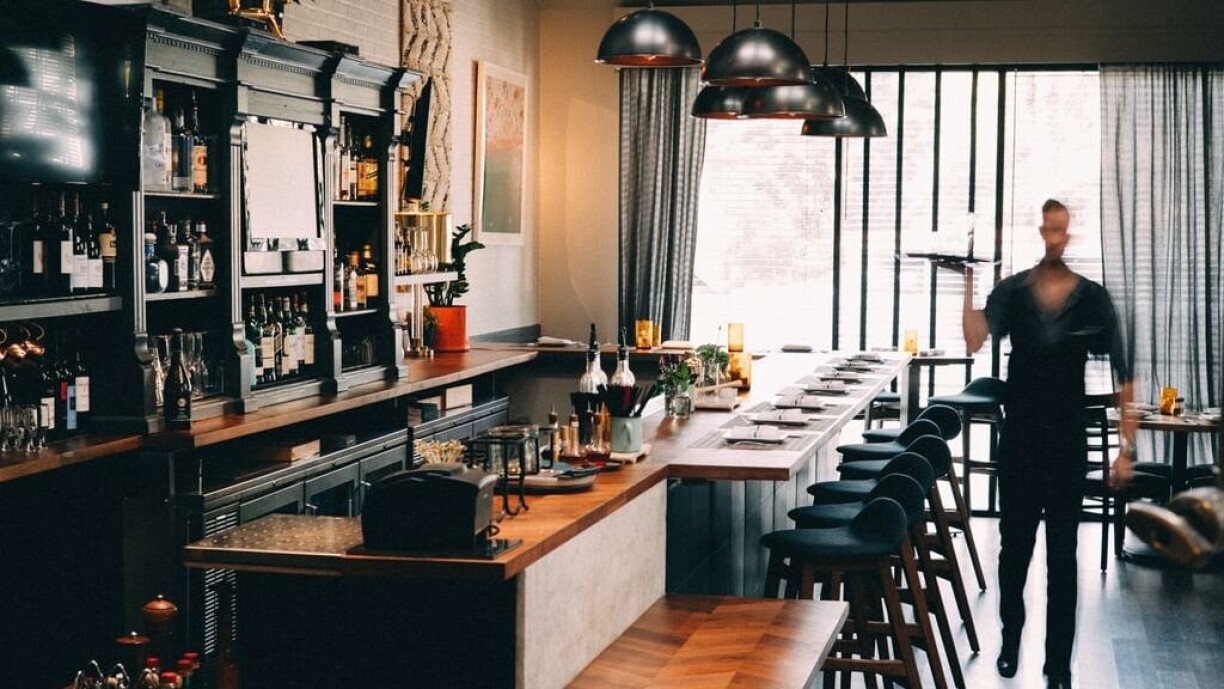
A look at Luxembourg’s terraces seems to indicate that the catering sector has recovered. François Koepp, Secretary General of the Horesca Federation, confirms this impression.
“We have recovered well [since the beginning of the pandemic], and we are expecting a good [summer] season,” he says right at the start of his interview with our colleagues from RTL 5 Minutes. He assures that the most recent figures are close to those of the year 2019 “which had been exceptional” (-3%).
But while “business is good”, Koepp recognises that state aid has played an important role in the recovery of the sector. He even goes so far as to say that some “were given a second life” thanks to this aid.
The Horesca sector, which was severely impacted by the pandemic, finally seems to be back on track. Good news for the restaurant and hotel industry, but also for the social life of the country. Unfortunately, not everything is rosy in the life of restaurant owners.
The sector is currently facing a problem it knows only too well: staff shortages. “This has been a problem since the 1970s,” says the secretary general, while admitting that the situation has “worsened” since the start of the pandemic.
Covid-19 has left its mark. According to Koepp, the restaurant and hotel sector has lost nearly 2,000 employees since the pandemic. The fault, according to him, lies with a country that is losing its appeal. “Some have changed profession” while others have simply “left Luxembourg”, the Horesca representative explains.
“Life has become far too expensive,” Koepp criticises. In particular, he mentions the price of rent, fuel, and food. The increase in salaries in neighbouring countries and motorways prone to traffic jams lead many cross-border workers to question the value of coming to work in Luxembourg.
But is the sector in danger? Not according to Koepp, who sees several “obvious” solutions. For the Horesca representative, many problems could be solved by adjusting the working hours of employees in the sector.
“We need to pave the way for more flexible working hours by allowing companies to make arrangements with their employees,” he says. Koepp gives the example of a four-day working week instead of five, which would allow workers to “spend more time with their families and less time on the road”.
He admits, however, that not all establishments can make such an arrangement. “Smaller companies would find it difficult to generate turnover,” he agrees. But in general, the Horesca representative believes that employees and companies should be allowed to find a schedule that suits everyone.
To achieve this, “a lot of the regulations” in place would have to be reconsidered, according to Koepp. In this context, he insists that decisions concerning the restaurant and hotel industry must be taken in consultation with the industry.
In the meantime, many establishments are approaching the summer season understaffed. The National Employment Agency (Adem) counted 950 vacancies in the catering and accommodation sector on 31 May 2022. This represents an increase of 101.1% over one year.